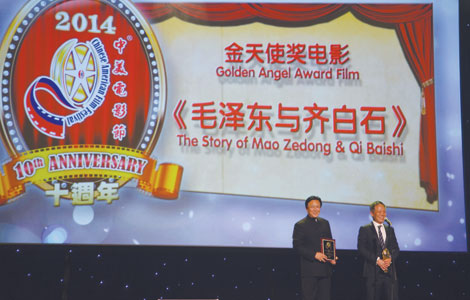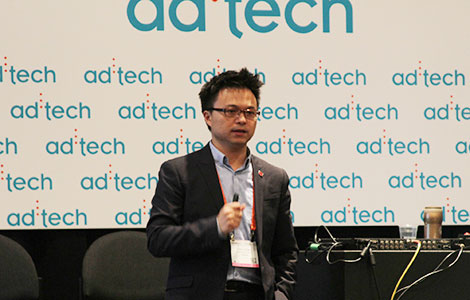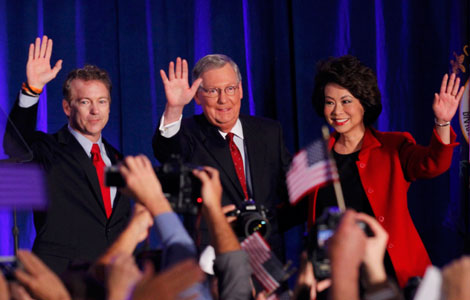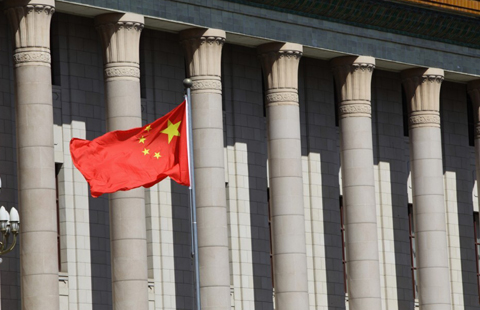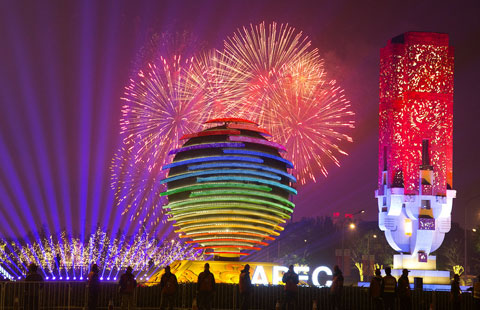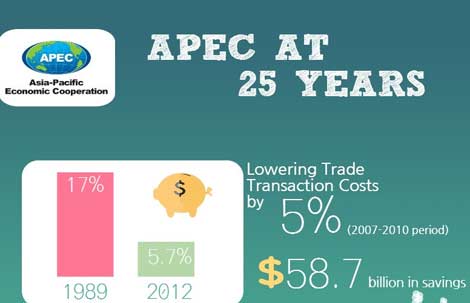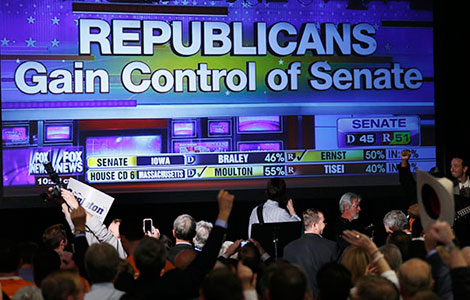China vows equal IPR protection
Updated: 2014-11-06 08:14
By Zhao Yinan and Wang Qingyun(China Daily)
|
||||||||
State Council hammers out new measure to encourage innovation
China will "make no exception" and equally protect the intellectual property rights of overseas companies and individuals as part of a series of measures hammered out at the State Council's executive meeting chaired by Premier Li Keqiang on Wednesday.
The move aims to protect intellectual property rights in a bid to encourage innovation.
Li Jingjian, an IPR lawyer at Yingke Law Firm in Beijing, said China is often being challenged over the protection of famous trademarks and patents owned by overseas companies and individuals.
"Such inadequate protection is commonly seen in the fashion industry," Li said, "bangmingpai, for instance."
Bangmingpai, which translates as "close to a famous brand", is a method used to create confusion between a household brand and a little-known brand by registering a similar brand name.
Illegal variants of famous Italian brand Valentino, for example, can be found in some Chinese street stalls, especially in rural areas, with names such as Valentino Vani, Auotis Valentino and Valenteno Guci.
The crackdown on bangmingpai is usually more rigid if the famous brand being counterfeited is domestic, Li said.
China will also promote the use of legitimate software and include the record of willful infringement into the social credit system to improve the deterrent force of the law.
At Wednesday's meeting, the government also decided to further streamline procedures for government approvals of investment projects as a means of fueling economic growth.
Unnecessary preconditioned government approvals will be eradicated, even if stipulated in laws, the meeting decided.
These changes will be made possible through the revision of related laws and regulations, according to a statement released after the meeting.
"We should try our best to return to the market what it can handle on its own," said Premier Li Keqiang.
Such decisions on further reducing hindrances to businesses will help more businesses come into being, said Wang Manchuan, a professor with the Chinese Academy of Governance.
A business license is issued by industry and commerce authorities, but in order to get a business license a startup business may first need to meet preconditions set by other government departments.
There used to be cases where government departments setting such preconditions refused enterprises' applications for approval simply because they didn't have a business license in the first place, said Wang.
"Canceling such preconditions, apart from those relating to public health and safety, will make it easier for people to start a business," he said.
Contact the writers at zhaoyinan@chinadaily.com.cn and wangqingyun@chinadaily.com.cn
Most Viewed
Editor's Picks

|

|

|

|
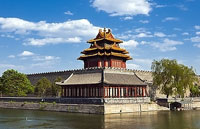
|
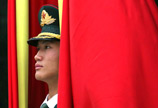
|
Today's Top News
New relationship to advance
Chinese lift profile in US elections
US-China trade deficit hits record high
Movie moguls gather at LA film summit
Oklahoma seeks Chinese investment
Festival pays tribute to Chinese film
Top Chinese violinist remembers New York
Shanghai FTZ explained
US Weekly

|

|
